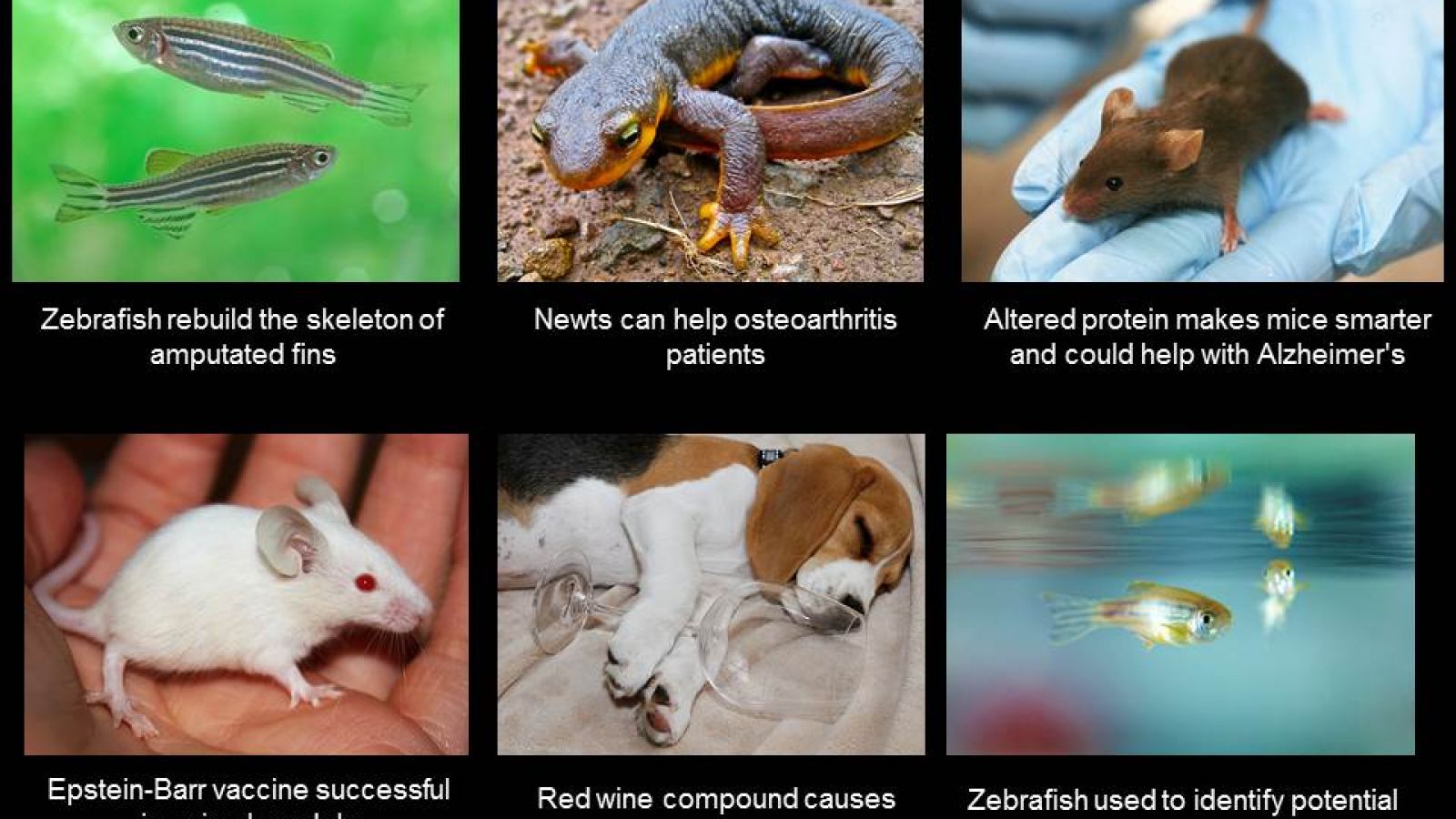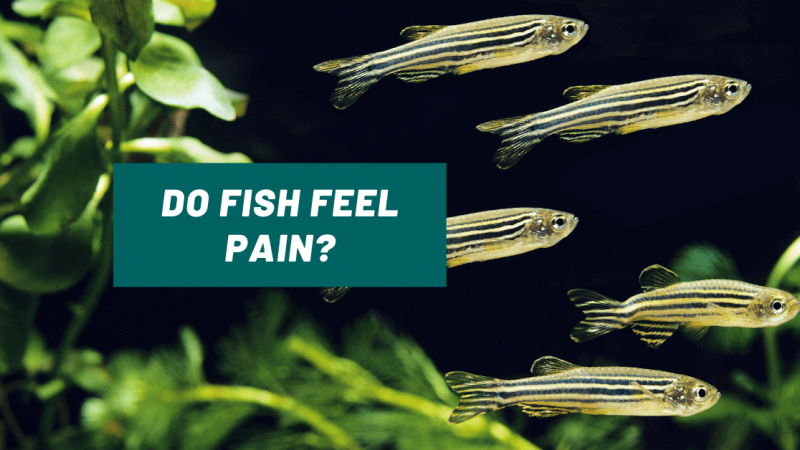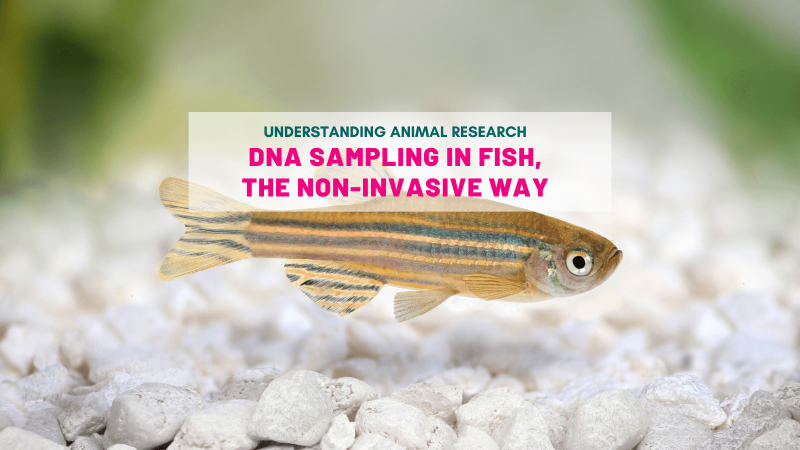25/08/15
Scientists from Johns Hopkins University have developed a screening technique that has identified 24 possible candidates for type 1 diabetes medicines. Using colour-coded zebrafish embryos, researchers found 24 compounds that increased the number of insulin-producing beta cells in the pancreas. It is hoped that this research will lead to the development of new drugs capable of increasing the production of insulin-producing beta cells in the pancreas of type 1 diabetes patients.
Jeffrey Mumm, PhD, Associate Professor of Ophthalmology at the Johns Hopkins University School of Medicine said,
"More studies need to be done, but we think there's potentially no limit on the diseases this screening disease could be applied to other than the human imagination,"
26/08/15
Resveratrol, a chemical found in the skin of grapes (and consequently red wine) may have beneficial cardiovascular effects. However, studies in dogs show varying effects on the immune systems of dogs - increasing and decreasing it in different ways simultaneously.
Axiak-Bechtel said "Seeing a decrease in neutrophil function typically means an immune system is losing the ability to kill invaders like bacteria. Combining this loss of bacteria-fighting ability with an increase in inflammatory cytokines creates a very interesting mixed message in terms of what resveratrol is doing to the immune system."
http://www.alnmag.com/news/2015/08/red-wine-compound-causes-conflicting-changes-dogs-immune-systems
27/08/15
Zebrafish rebuild the skeleton of amputated fins
Fish, in contrast to humans, have the ability to fully regenerate amputated organs. If part of the zebrafish tail fin is injured, the lost tissue is replaced within 3 weeks, making it a favored animal model to study the cellular and molecular principles of organ regeneration. Researchers have now uncovered the mechanisms that allow bone-forming cells to regenerate a correctly shaped new fin skeleton. They hope that it can help in human organ regeneration.
http://www.sciencedaily.com/releases/2015/…/150824114601.htm
Newts can help Osteoarthritis patients
Researchers have adapted the astonishing capacity of animals such as newts to regenerate lost tissues and organs caused when they have a limb severed to develop an effective stem cell treatment for osteoarthritis. There is currently no treatment to prevent the progression of osteoarthritis, and people with severe disease often need total joint replacement surgery. The scientists have developed a technique inspired from the tissue regeneration of newts to rejuvenate cells from older people with osteoarthritis to repair worn or damaged cartilage thus reducing pain.
http://www.alnmag.com/news/2015/08/how-newts-can-help-osteoarthritis-patients
Altered protein makes mice smarter and hints to a possible treatment for Alzheimer’s or schizophrenia. By changing a single gene implicated in schizophrenia, scientists have turned average mice into smarter counterparts. Compared with normal mice, these mice more quickly learned which objects in a cage had been moved to a new location, for instance, and could better recognize a familiar mouse after 24 hours. However it also made the mice more risk prone. The protein in question may play other roles in the brain And because the protein has jobs in the heart, lungs and immune system as well, it might be difficult to find drugs that have the desired effect on it in the brain but few side effects elsewhere.
https://www.sciencenews.org/article/altered-protein-makes-mice-smarter
28/08/15
An experimental, nanoparticle-based vaccine against Epstein-Barr virus (EPV) induced potent neutralizing antibodies in vaccinated mice and nonhuman primates, according to a new study from researchers at the National Institute of Allergy and Infectious Diseases (NIAID). This could lead the way towards an effective EBV vaccine for humans.
http://www.alnmag.com/news/2015/08/nih-developed-epstein-barr-virus-vaccine-successful-animal-models
Photo: https://www.flickr.com/photos/hyshqa/
Last edited: 5 April 2022 08:48




